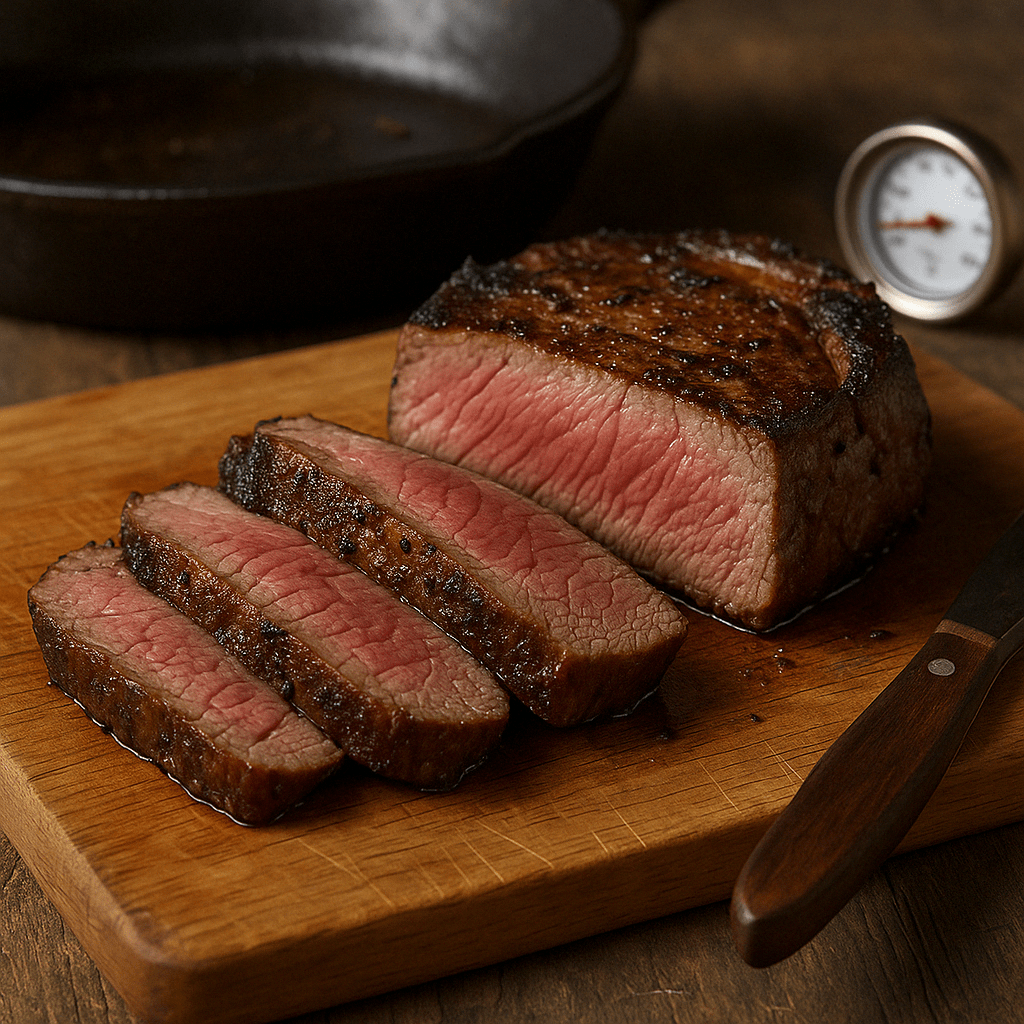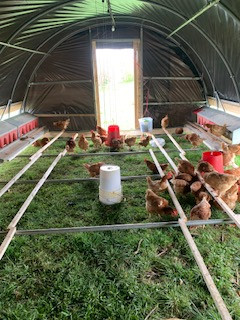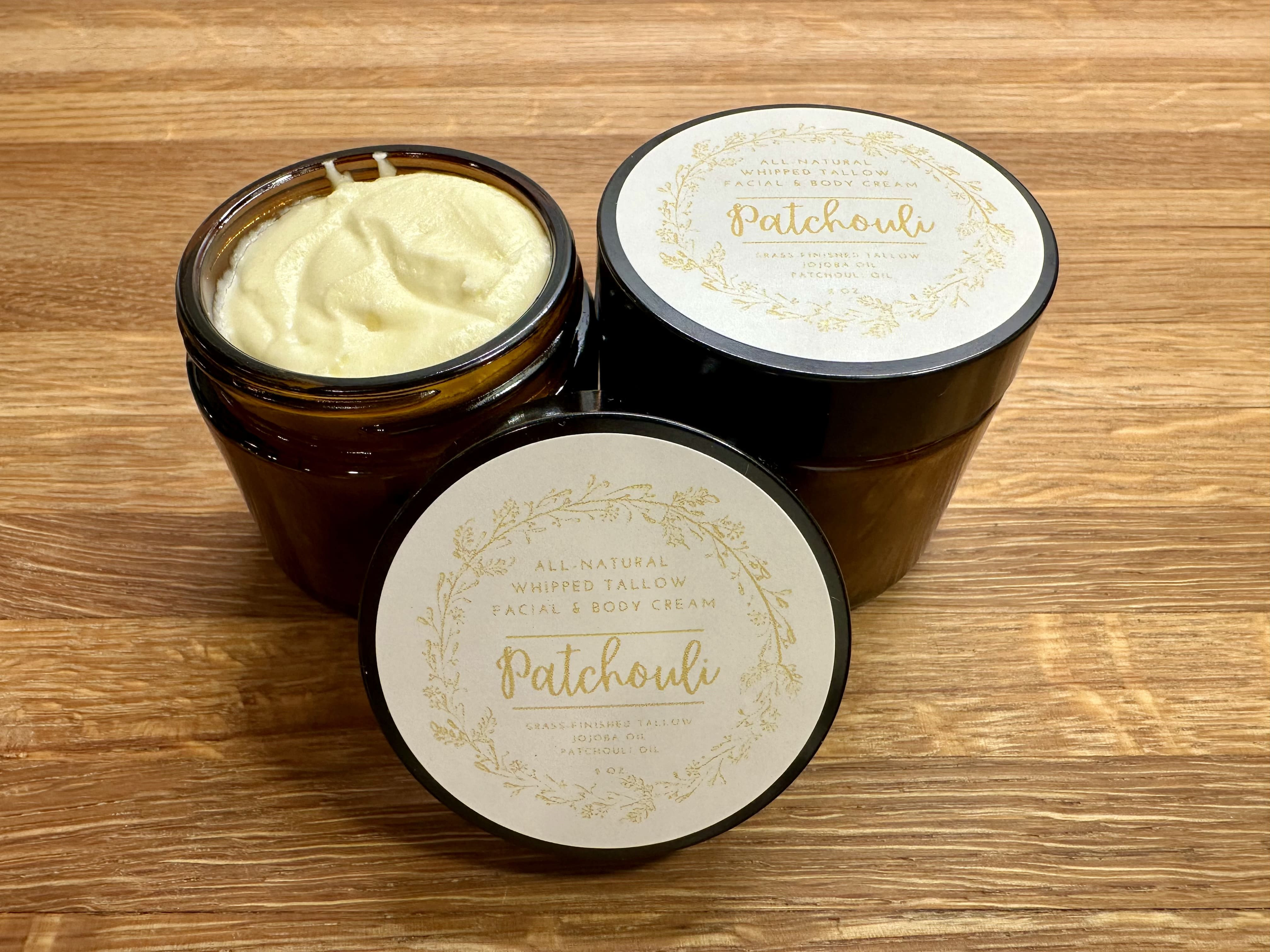Navigating the Green Fields: Understanding the Differences in Grass-Fed Labels at the Grocery Store
posted on
February 13, 2024
Walking down the aisles of a grocery store, it's not uncommon to see an array of labels on meat and dairy products boasting the term "grass-fed." While it may seem like a straightforward label, the reality is that not all grass-fed products are created equal. Understanding the nuances behind these labels can empower consumers to make informed choices about the food they bring home. In this blog post, we'll explore the differences in grass-fed labels and what they truly mean for your health and the environment.
Defining Grass-Fed:
At its core, the term "grass-fed" refers to animals that have primarily consumed grass or forage throughout their lives, as opposed to being fed grains or other supplements. This distinction is important because it has implications for the nutritional content of the meat and dairy products derived from these animals.
Grass-Fed vs. Grass-Finished:
One key distinction in grass-fed labeling is the difference between "grass-fed" and "grass-finished." While both terms involve animals consuming grass, "grass-finished" signifies that the animal has exclusively fed on grass for the entirety of its life. On the other hand, "grass-fed" may mean that the animal was initially raised on grass but finished with a diet that includes grains or other supplements. Consumers seeking a more stringent commitment to grass-only diets should look for products labeled as "grass-finished."
Environmental and Ethical Considerations:
Choosing grass-fed products can extend beyond personal health to environmental and ethical considerations. Look for labels that indicate sustainable farming practices, such as rotational grazing, which promotes soil health and improves animal welfare.
As consumers become increasingly conscious of the food they consume, understanding the nuances behind grass-fed labels is crucial. There are many labels lining the aisles of grocery stores today and greenwashing is a real thing. If you know the differences you can feel confident in the choices that you put on your family's table.
If you would like to see what pasture-raised meats and grass-finished beef we carry you can visit our online store here Cedar Valley Farms Store






